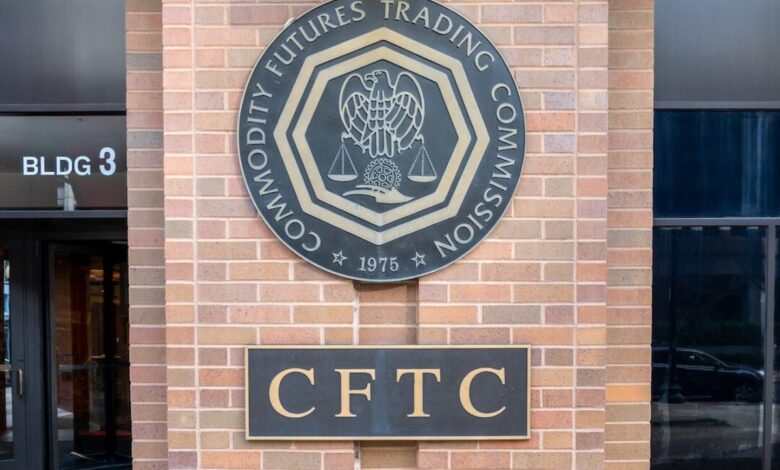CFTC Chair Advocates Congressional Action on Crypto Regulatory Legislation

In a recent address to legislators, Rostin Behnam, Chair of the Commodity Futures Trading Commission (CFTC), underscored the imperative for legislative intervention in overseeing the rapidly expanding cryptocurrency market. With digital assets like Bitcoin witnessing substantial value surges, Behnam advocates for the enactment of the Financial Innovation and Technology for the 21st Century Act, highlighting the strain on CFTC resources due to an upswing in crypto-related enforcement actions.
While providing his testimony to the House Agriculture Committee, Behnam cited that more than 49% of the CFTC’s enforcement actions in fiscal year 2023 were connected to digital assets. This escalation in proceedings mirrors market expansion and the surge in cryptocurrency values, a trend Behnam considers a cautionary signal for retail investors.
The regulatory framework sought by the CFTC Chair aims to safeguard American investors and ensure financial market stability. The proposed legislation seeks to enhance CFTC oversight of digital assets, establishing a clearer path for a digital asset to transition from a security to a commodity.
Behnam’s statements come amid record highs for Bitcoin, aligning with increased interest and adoption of cryptocurrencies in the United States. Despite anticipated resistance in Congress to the Financial Innovation and Technology for the 21st Century Act, Behnam expresses optimism about the necessity of this framework and the potential for CFTC implementation within a year if the bill advances.
The push for regulation encounters obstacles. Some lawmakers express concerns about the timing of the bill and ongoing disputes over the definitions of centralized and decentralized systems in the crypto realm. This uncertainty, coupled with the crypto market’s instability leading to a $2 trillion loss in market cap over three years, raises questions about prioritizing resources for crypto regulation over traditional commodities like oil and wheat.
In addition, Behnam’s claim that Bitcoin is a commodity has sparked discussions since regulators have failed to reach a consensus on this matter. The discussion continues to Ethereum, with Behnam reiterating its categorization as a commodity though the Securities and Exchange Commission (SEC) sends mixed signals. This difference reveals the regulatory grey areas and the requirement for definite direction to maneuver the intricacies of digital assets.
Behnam’s testimony highlights a crucial moment for the cryptocurrency market and its supervisory bodies. The call for legislative action acknowledges the growth of the crypto market and its implications for investors and the broader financial system. As the CFTC grapples with significant resource allocation to crypto enforcement, the necessity for a regulatory framework adaptable to digital asset evolution becomes increasingly evident.
The debate surrounding the Financial Innovation and Technology for the 21st Century Act and its potential to empower the CFTC in regulating the crypto market reflects broader discussions on the future of finance and technology. With digital assets gaining momentum, regulatory bodies’ role in ensuring market stability and investor protection assumes greater significance. The coming months may shape the trajectory of crypto regulation in the US, with implications for the global financial landscape.





